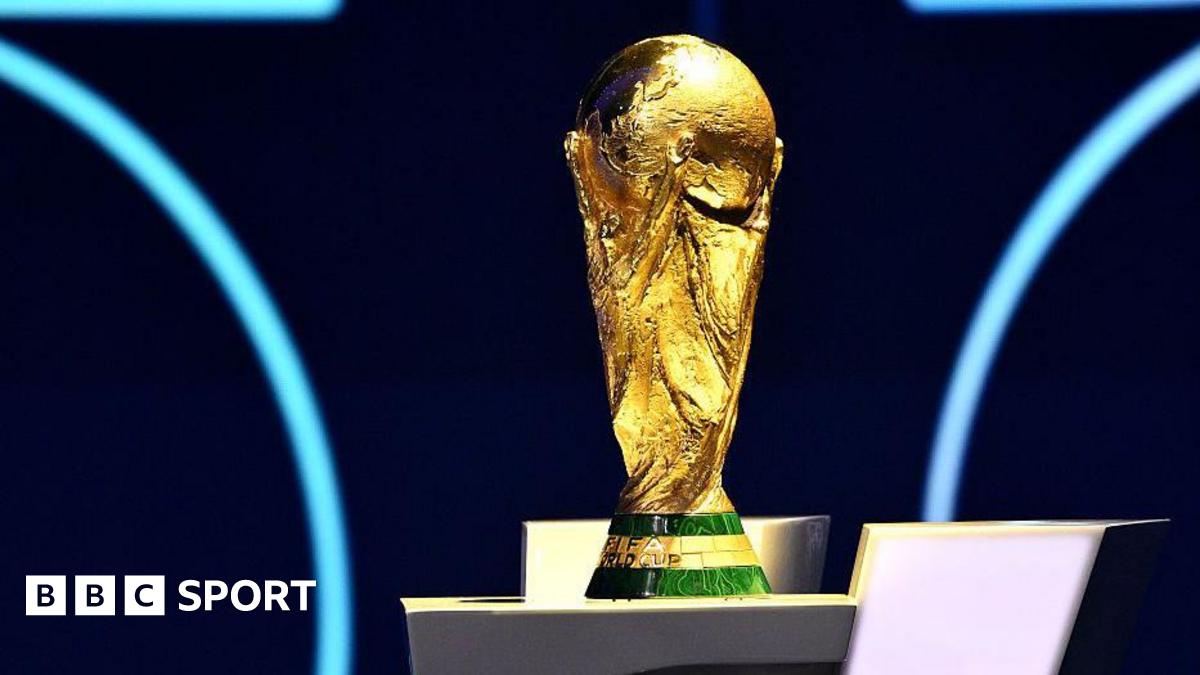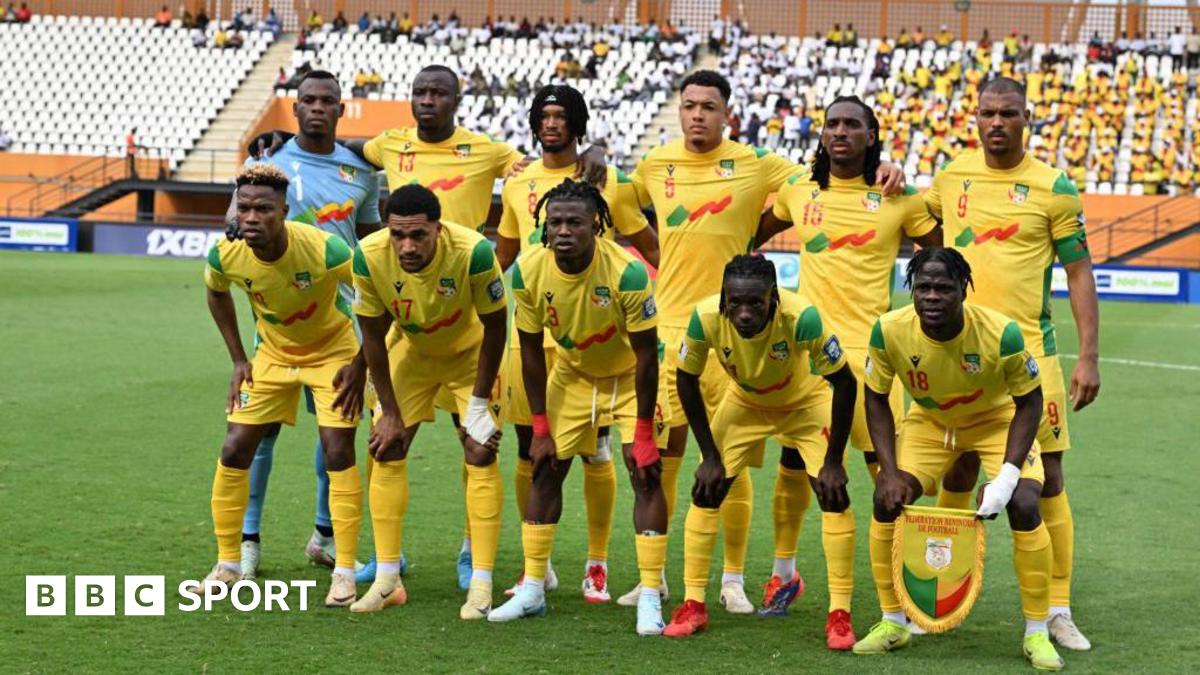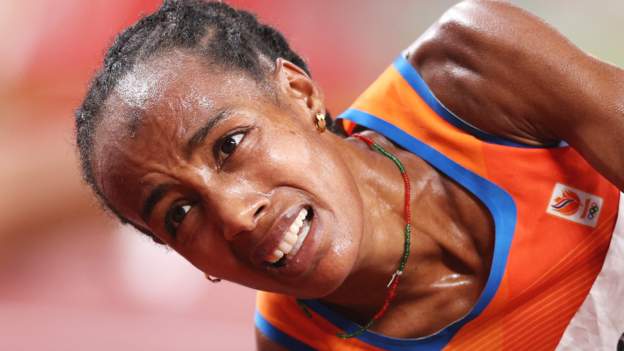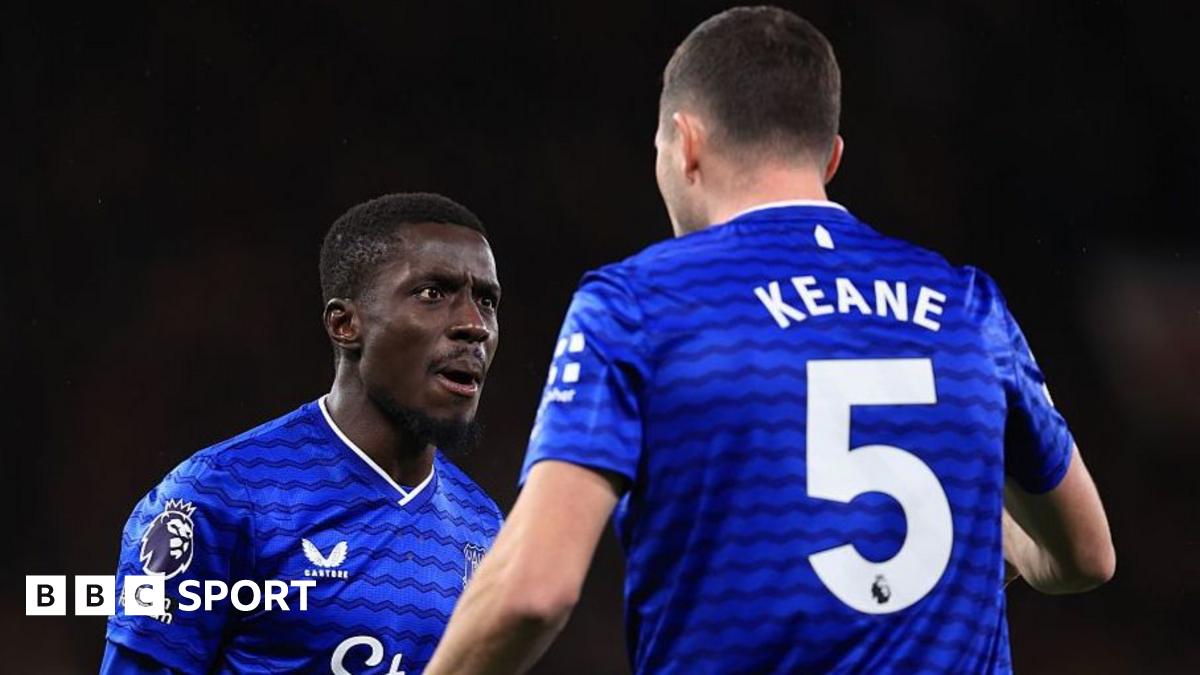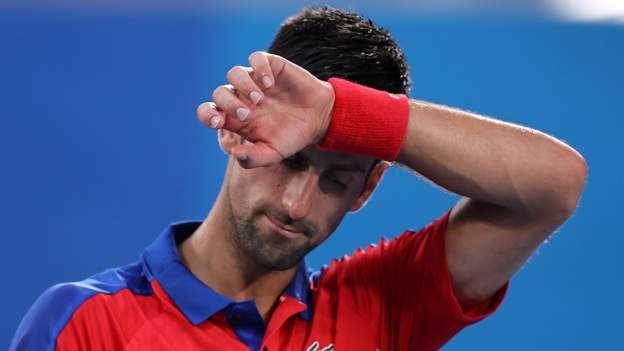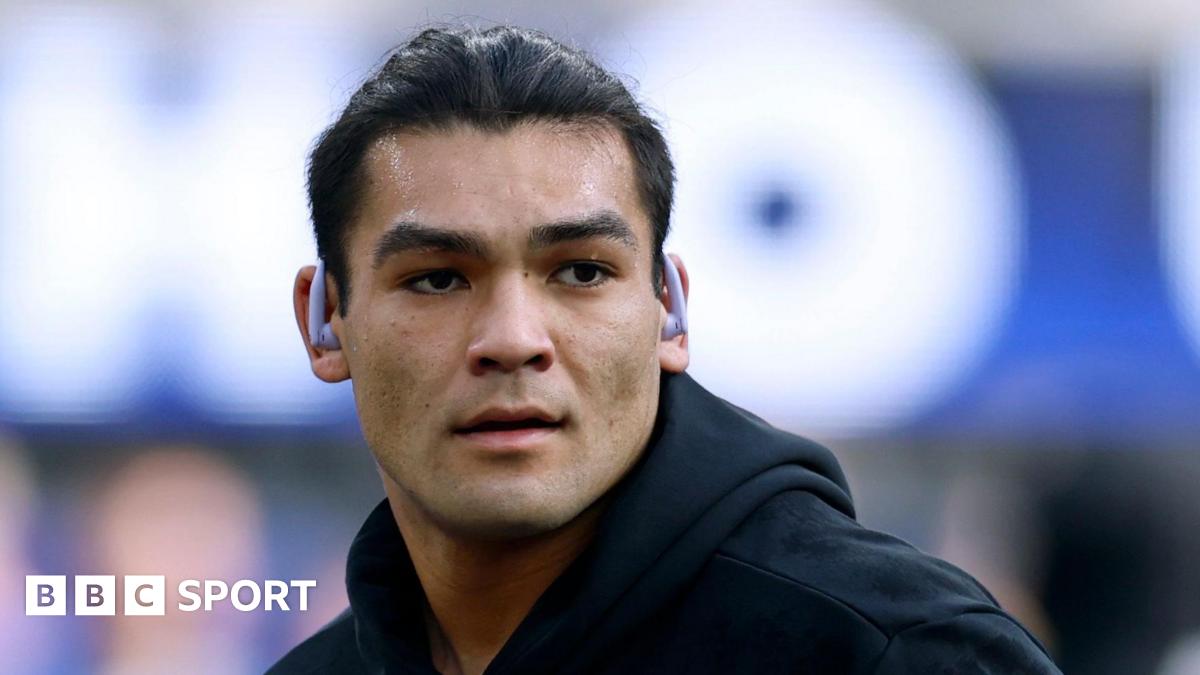As Sifan Hassan flopped to the Tokyo track, it was difficult to guess her emotions.
Joy at becoming only the second woman to complete an Olympic distance double?
Regret that the 1500m title that would have made it an unprecedented treble had slipped away the previous evening?
Relief that a campaign that covered more than 15 miles in eight days was finally over?
A mix of all three?
In fact it was none of them but rather something more primal.
“Honestly, at that moment, I was just so happy to survive,” she tells Sport Today on BBC World Service.
“I was really in pain, I was suffering so much, I was sweating very, very, very hard, all my face was burning, my hand was burning, all my body was burning. I felt I had no water inside me.
“I thought I was going to pass out. In that moment I didn’t mind about gold, I just wanted to be alive and healthy.”
The Dutchwoman’s Olympic ambitions had taken her to the very edge of her endurance.
Not since the days of sepia news reels had an athlete taken on such a monster schedule, competing in the 1500m, 5,000m and 10,000m, with the longest distance coming last on a suffocatingly humid night in the Japanese capital.
Hassan flat out, framed by worried medical staff, clutching ice to her grimacing face was the final scene.
But the 29-year-old’s epic assault on the Olympics had already featured the see-sawing emotional swings of a summer blockbuster.
On the morning of 2 August, she tripped at the start of the final lap of her 1500m heat. Her rivals cantered on as she scrabbled on the floor. For an instant it seemed her bid for three golds was over before it had really begun.
Hassan sprung to her feet, hared after the pack, made up 25 metres on them, and came through to win.
That evening, she returned to the Olympic Stadium and motored away from world champion Hellen Obiri to clinch 5,000m gold.
Despair to delight. But her second and final gold, that draining 10,000m triumph, was fuelled by anger.
Hassan had been unable to stick with the pace in the previous night’s 1500m final. Britain’s Laura Muir and Kenyan winner Faith Kipyegon turned up the heat to leave Hassan third.
On the bottom step of the podium, she stewed.
“When I lost, at the time, I was so mad,” she says.
“At the medal ceremony, when I went back to my room I knew there was something inside me.
“That was when I decided: I will die tomorrow, I will go to the end.”
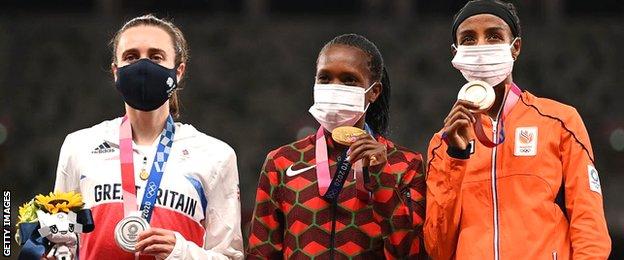
The frustration and disappointment came out with everything else as she emptied the tanks in her final Tokyo race.
While Hassan’s rivals picked and chose their events, zeroing in to maximise their chances of gold, she says curiosity was behind her decision to go for a full house of distance events.
Was it possible, she asked herself? Logistically, athletically, mentally, could she contend across three events at the highest level in a painfully short span of time?
She could. And now she, and others, might do it again.
“God willing,” she says, when asked about the prospect of fighting on three fronts at another major championship.
“But I don’t think it will be as hard as in Tokyo, because I have done it.
“Even if another athlete had done it, it is going to be much easier because we know it is possible.
“Something is always more difficult when we don’t know before.”
Her curiosity has been piqued by something else, though.
Hassan has plans to combine road and track, banking that her extraordinary talent can bridge the divide between the two.
She hopes to step up to marathons, while still taking on the best in stadiums. It’s another huge challenge.
Britain’s Mo Farah, himself an Olympic double distance champion, can attest to how confidence forged on the track can crumble on the tarmac, even when focusing solely on the marathon.
Hassan, though, has already shown in Tokyo that she’ll go to the brink to chase history and pursue greatness.








